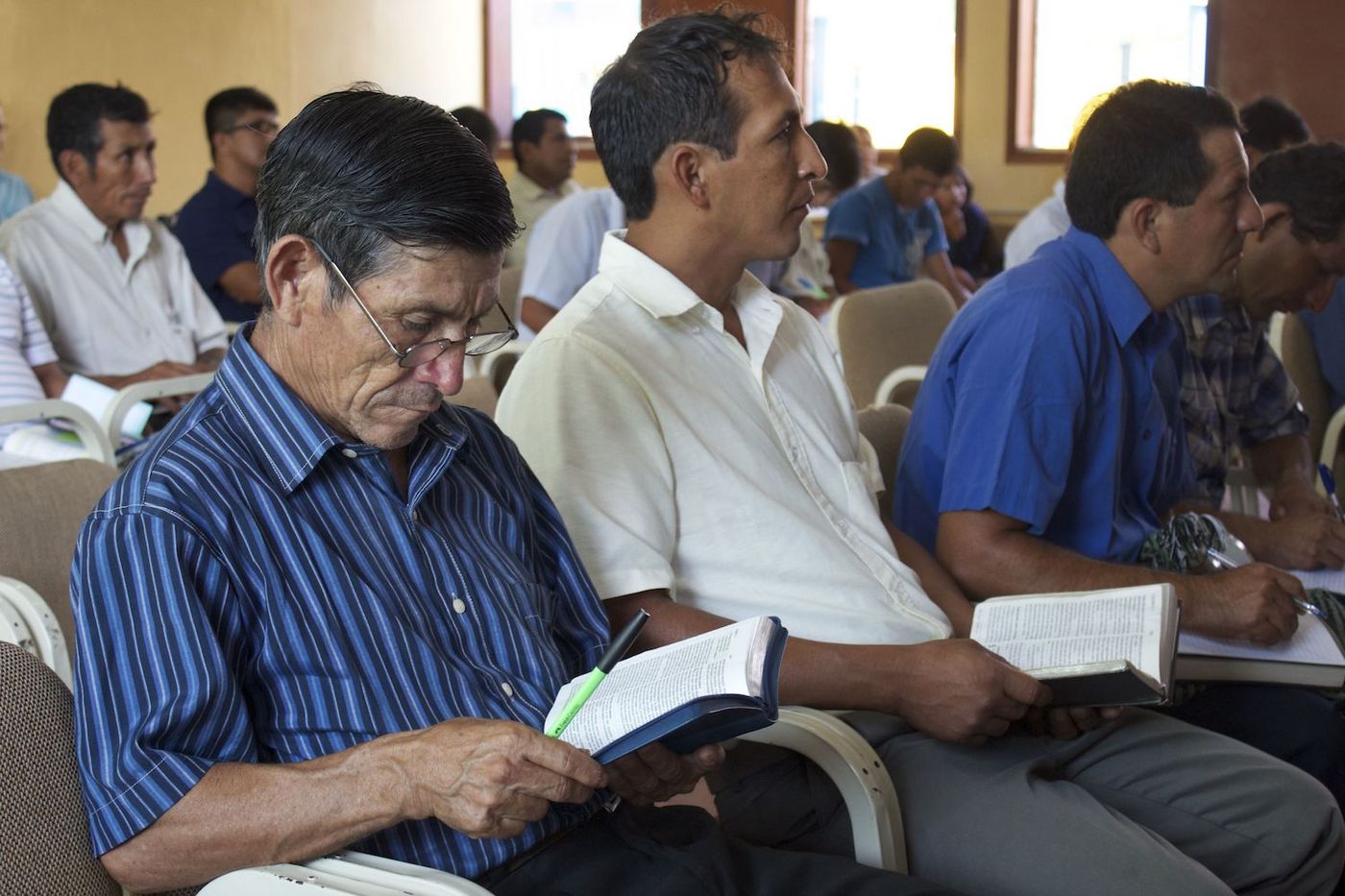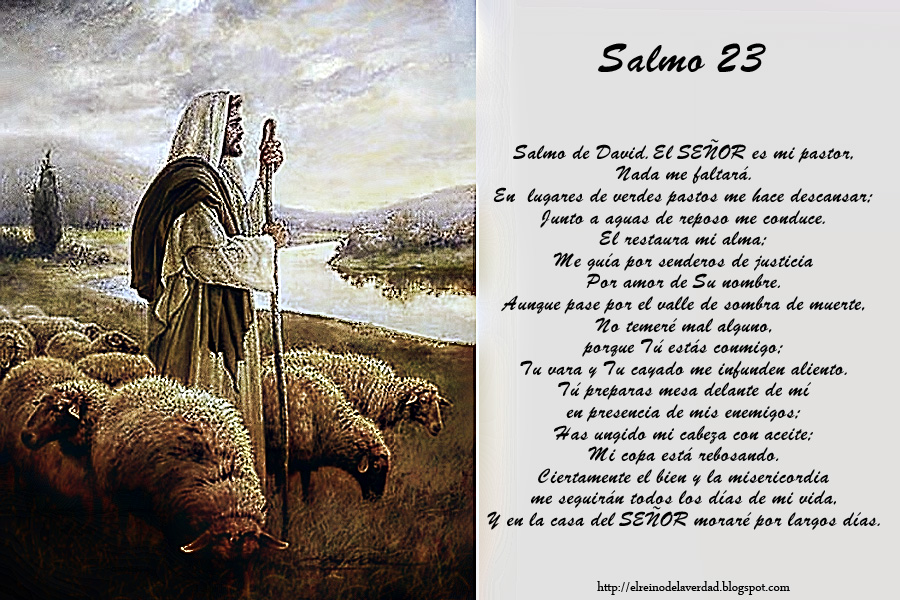Pastor in spanish language – The term “pastor” holds a profound significance in Spanish-speaking communities, embodying the spiritual and cultural heart of these societies. This guide delves into the historical, linguistic, and religious facets of the pastor’s role, exploring its impact on community values, traditions, and religious practices.
Throughout the Spanish-speaking world, the pastor serves as a beacon of faith, a guide for the faithful, and a pillar of the community. This guide unveils the diverse ways in which the term “pastor” is used and understood across different dialects and regions, showcasing the richness and diversity of the Spanish language.
Cultural Significance of “Pastor” in Spanish-Speaking Communities
The term “pastor” holds profound cultural significance within Spanish-speaking communities, deeply rooted in history and religious traditions. In this context, the pastor serves as a spiritual guide and leader, shaping community values and customs.
Historical and Religious Roots
The term “pastor” originates from the Latin word “pastor,” meaning “shepherd.” In the Christian tradition, Jesus Christ is often referred to as the “Good Shepherd,” responsible for guiding and protecting his flock. This concept has influenced the role of pastors in Spanish-speaking communities, where they are seen as spiritual shepherds, leading their congregations through life’s challenges.
Role in Shaping Community Values
Pastors play a crucial role in shaping community values by providing moral guidance and ethical principles. They often serve as mediators in conflicts, offering wisdom and counsel to resolve disputes. In addition, pastors promote education and social welfare, organizing programs and initiatives to uplift the community.
Examples of Usage in Different Countries
The term “pastor” is used in various ways across Spanish-speaking countries:
- In Mexico, “pastor” is commonly used to address a priest or religious leader.
- In Spain, “pastor” is used both for priests and Protestant ministers.
- In Argentina, “pastor” is primarily used to refer to Protestant ministers, while priests are addressed as “sacerdote.”
Linguistic Variations and Dialectical Differences

The term “pastor” is used in various Spanish dialects with distinct pronunciations and spellings. These variations reflect the linguistic diversity and regional nuances within the Spanish-speaking world.
The most common pronunciation of “pastor” is “pah-stor,” with the emphasis on the first syllable. However, in some dialects, such as the Andalusian dialect spoken in southern Spain, the word is pronounced “pah-stoh,” with the emphasis on the second syllable.
Dialectical Variations
The following table showcases the different dialectical variations of “pastor” and their corresponding pronunciations:
| Dialect | Pronunciation |
|---|---|
| Standard Spanish | pah-stor |
| Andalusian | pah-stoh |
| Mexican | pah-stohr |
| Puerto Rican | pah-stoh |
| Dominican | pah-stohr |
In addition to the variations in pronunciation, the meaning of “pastor” can also vary slightly across Spanish-speaking regions. In some areas, it is used exclusively to refer to a religious leader, while in others it can also be used to refer to a shepherd or a person in charge of a group.
Ecclesiastical Contexts and Religious Practices
Within the Catholic Church, pastors play a central role in leading religious services, providing spiritual guidance, and administering sacraments. They are responsible for overseeing the spiritual well-being of their congregations, offering guidance and support to individuals and families.
Parish Priests, Pastor in spanish language
Parish priests are the primary pastors within the Catholic Church, serving as the spiritual leaders of individual parishes. They are responsible for leading religious services, including Mass, baptisms, weddings, and funerals. They also provide spiritual guidance to parishioners, offering counseling and support during times of need.
Bishops
Bishops are higher-ranking clergy members within the Catholic Church, overseeing multiple parishes and regions. They are responsible for ordaining new priests and deacons, confirming Catholics, and providing guidance to the priests within their dioceses.
Evangelists
Evangelists are pastors who focus on spreading the Christian faith to new converts. They often travel to different communities, holding revivals and preaching the gospel. Evangelists play a crucial role in expanding the reach of the Christian church and bringing new members into the faith.
Literary and Artistic Representations

Pastors are often depicted in Spanish-language literature, poetry, and music as figures of authority, wisdom, and compassion. These representations reflect the cultural and religious significance of pastors in Spanish-speaking communities, where they are seen as leaders and guides in both the spiritual and secular realms.
Literary Works
*
-*El Párroco (1889) by Benito Pérez Galdós
This novel tells the story of a rural priest who struggles to balance his religious duties with the needs of his community.
-
-*Los Pastores (1956) by Pedro Salinas
This collection of poems explores the themes of faith, doubt, and the role of the pastor in modern society.
-*El Vicario (1982) by Luis Goytisolo
This novel examines the life of a priest who is torn between his religious beliefs and his desire for a more secular existence.
Songs
*
-*”El Pastor” (1973) by Joan Manuel Serrat
This song portrays the pastor as a symbol of hope and guidance in a troubled world.
-
-*”El Padre Antonio” (1984) by Silvio Rodríguez
This song tells the story of a priest who is dedicated to helping the poor and oppressed.
-*”La Misa Campesina” (1974) by Los Calchakis
This song is a traditional Andean folk song that celebrates the role of the pastor in the community.
Contemporary Issues and Challenges: Pastor In Spanish Language

Pastors in modern Spanish-speaking societies face numerous challenges and opportunities. They must navigate the changing religious landscape, address social issues, and adapt to the evolving needs of their communities.
One of the most significant challenges is the rise of secularism and the decline of traditional religious practices. This has led to a decrease in church attendance and a decline in the influence of religious institutions in society.
The Role of Pastors in Addressing Social Issues
Pastors play a vital role in addressing social issues such as poverty, inequality, and immigration. They can use their pulpits to raise awareness of these issues and to advocate for social justice.
Pastors can also provide practical assistance to those in need. They can organize food pantries, clothing drives, and other forms of aid. They can also provide counseling and support to those who are struggling.
Changing Role of Pastors in Contemporary Society
The changing role of pastors in contemporary society is a complex and multifaceted issue. There is no single perspective on this issue, and there is much debate about the future of the pastoral role.
Some argue that pastors should focus on their traditional role as spiritual leaders. Others believe that pastors should become more involved in social and political issues. Still others believe that the pastoral role is in decline and that pastors will eventually be replaced by other forms of religious leadership.
Concluding Remarks
In conclusion, the pastor in Spanish-speaking cultures is a multifaceted figure, deeply embedded in the fabric of society. Their role extends beyond religious leadership, encompassing cultural preservation, community building, and social activism. As the Spanish-speaking world continues to evolve, the pastor’s role will undoubtedly adapt and change, but their enduring significance as a spiritual and cultural guide remains unwavering.
Essential FAQs
What is the historical origin of the term “pastor” in Spanish-speaking cultures?
The term “pastor” has its roots in the Latin word “pastor,” meaning “shepherd.” In the context of Christianity, it refers to the role of spiritual guidance and care, akin to a shepherd tending to their flock.
How does the role of the pastor vary across different Spanish-speaking countries?
While the core responsibilities of pastors remain consistent, their specific roles may vary depending on the cultural and religious context of each country. For example, in some countries, pastors may play a more active role in social and political affairs, while in others, their focus is primarily on spiritual guidance.
What are the different linguistic variations of the term “pastor” in Spanish dialects?
The pronunciation and spelling of “pastor” can vary across Spanish dialects. For instance, in some dialects, the “s” is pronounced as a soft “th,” while in others, it is pronounced as a hard “s.”